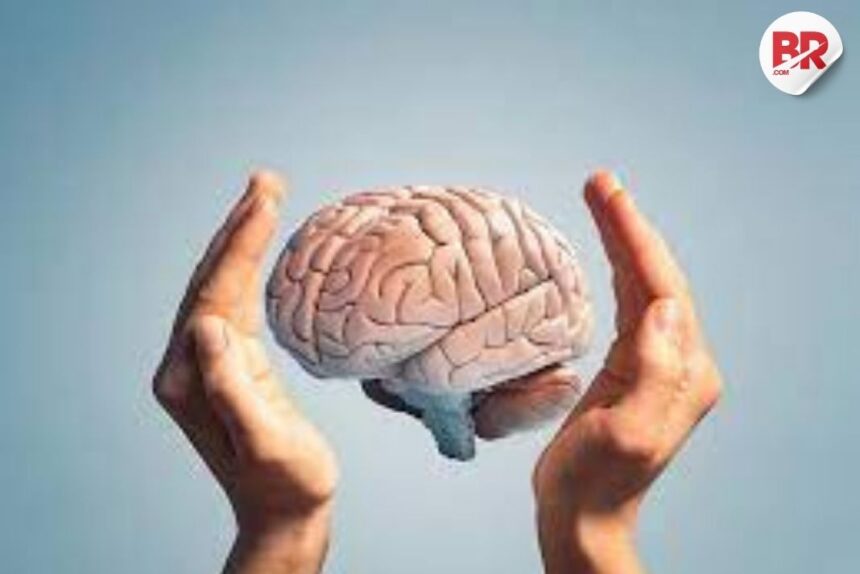
Getting diagnosed with a brain tumor can feel scary and overwhelming. But it doesn’t mean life has to stop. With early check-ups, the right treatment, and healthy habits, many people recover and feel better over time. Taking care of your brain during treatment is important — and small changes in your daily routine can help a lot.
Here are 8 simple habits to support your brain health during this time:

1. Take Care of Your Mental and Emotional Health
Your mental well-being is just as important as your physical health. Here’s how to look after it:
- Talk to someone: Don’t keep your feelings bottled up. Speak to a friend, family member, or counselor. It can help you feel lighter and less stressed.
- Practice mindfulness: Try meditation, deep breathing, or yoga. These help you stay calm and feel more in control.
- Stay connected: Keep in touch with people who make you happy. Join fun activities or hobbies you love. Being around others can lift your mood.
Read more: Reverse Aging? This Doctor Did It—Find Out How She Turned Back Time…
2. Keep Your Brain Active
Doing activities that make you think helps keep your brain sharp. Try these:
- Read regularly: Read books, newspapers, or articles you enjoy. Reading keeps your brain engaged.
- Play brain games: Try puzzles like Sudoku, crosswords, or memory games to challenge your brain.
- Learn something new: Pick up a new hobby, skill, or even a new language. It helps your brain stay active and alert.
3. Eat Foods That Are Good for Your Brain
What you eat can affect how your brain works. Eat a healthy, balanced diet with:
- Brain-friendly foods: Include berries, nuts, leafy greens, and fish like salmon. These are full of nutrients that protect brain cells.
- Drink water: Your brain needs water to work well. Drink enough water every day.
- Avoid junk food: Try to stay away from too much sugar, salt, and oily snacks, as they can harm your overall health.
Read more: Are We Falling for TikTok’s Mental Health Misinformation Trap — What You Need to Know
Conclusion
Making small, healthy changes in your daily life can really help your brain during treatment. Take care of your body, keep your mind active, and don’t forget to lean on the people who care about you. You’re not alone — and every good habit makes a difference.












